Life
Sign up for our newsletter
We summarize the week's scientific breakthroughs every Thursday.
-
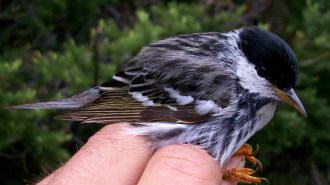 Animals
AnimalsA naturalist writes an homage to bird migration
In ‘A Season on the Wind,’ Kenn Kaufman shares his lifelong obsession for and awe of spring bird migration.
By Diana Steele -
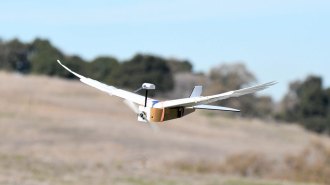 Life
Life‘PigeonBot’ is the first robot that can bend its wings like a real bird
Insights into the joint movements and feather surface structures that help birds control their wing shape could help robotic flyers move more deftly.
-
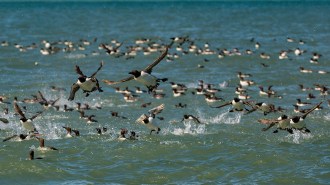 Life
LifeThe ‘Blob,’ a massive marine heat wave, led to an unprecedented seabird die-off
Scientists have linked thousands of dead common murres in 2015–2016 to food web changes caused by a long-lasting marine heat wave nicknamed the Blob.
-
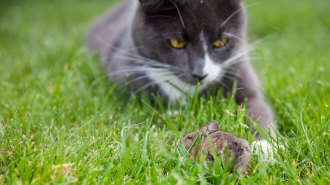 Neuroscience
NeuroscienceA parasite that makes mice unafraid of cats may quash other fears too
The parasite Toxoplasma gondii can mess with all sorts of mice behaviors and make the rodents fearless in many situations.
-
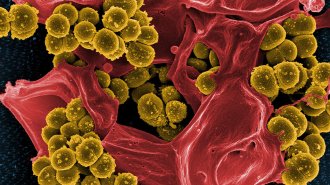 Microbes
MicrobesMicrobes slowed by one drug can rapidly develop resistance to another
Hunkering down in a dormant, tolerant state may make it easier for infectious bacteria to develop resistance to antibiotics.
-
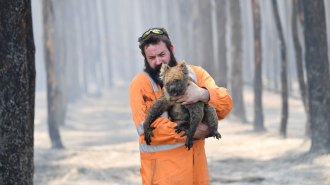 Animals
AnimalsAustralian fires have incinerated the habitats of up to 100 threatened species
Hundreds of fires that are blazing across the continent’s southeast have created an unprecedented ecological disaster, scientists say.
-
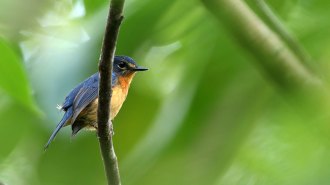 Life
LifeA ‘bonanza’ of new bird species was found on remote Indonesian islands
Bird discoveries typically come in a trickle. But in a remote corner of Southeast Asia, 10 newly described songbird species and subspecies were found.
By Jake Buehler -
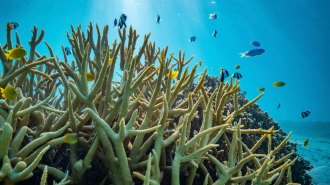 Life
LifeOcean acidification may not make fish act weird after all
A new study casts doubt on the results of early work into the effects of ocean acidification on coral reef fish behavior.
-
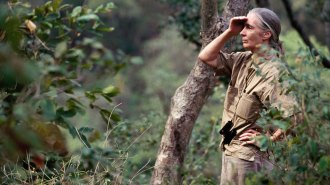 Science & Society
Science & SocietyA new exhibit invites you to step into Jane Goodall’s life
“Becoming Jane” celebrates Jane Goodall’s life and pioneering chimpanzee research.
By Erin Wayman -
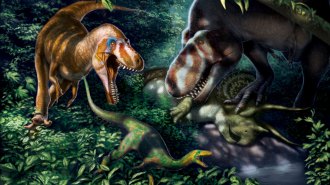 Paleontology
PaleontologySmall ‘cousins’ of T. rex may actually have been growing teenagers
Fossil analyses suggest that Nanotyrannus wasn’t a diminutive relative of the more famous behemoth Tyrannosaurus rex.
By Sid Perkins -
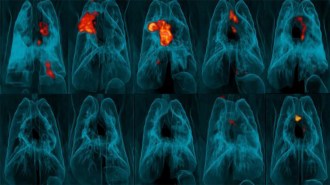 Health & Medicine
Health & MedicineInjecting a TB vaccine into the blood, not the skin, boosts its effectiveness
Giving a high dose of a tuberculosis vaccine intravenously, instead of under the skin, improved its ability to protect against the disease in monkeys.
By Tara Haelle -
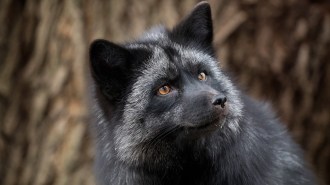 Life
LifeRussian foxes bred for tameness may not be the domestication story we thought
Foxes bred for tameness also developed floppy ears and curly tails, known as “domestication syndrome.” But what if the story isn’t what it seems?
By Jake Buehler